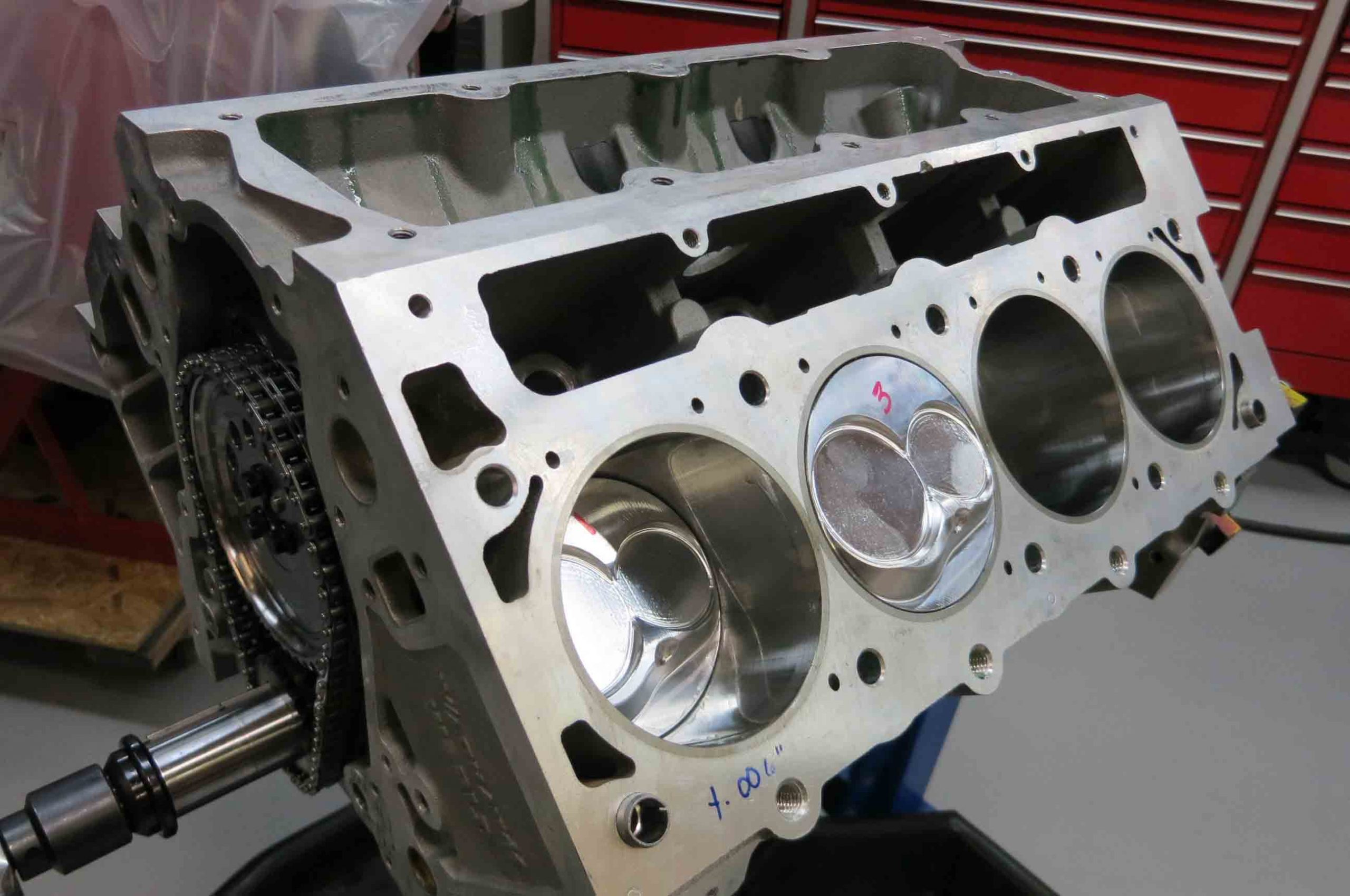What is Decking a Block and Why Do it?
If you have ever taken your car to the mechanic and had them offer to deck your engine block but you forget to ask what they actually meant by that, you are not alone. Decking a block isn’t something that you would consider normal servicing and you may go your entire life without ever feeling the need to do so for your own car.
If you are curious about what decking a block means, why it matters, and whether it might be worthwhile for you and your car, stick around. We cover all of that and more.
What Does Decking Mean?
Decking, when used in the context of cars (or mechanical engineering in general), not in the context of building a back porch, usually refers to leveling something off. Decking might refer to leveling out a mechanical component, like an engine block, so it sits straight/flush with other mechanical components.
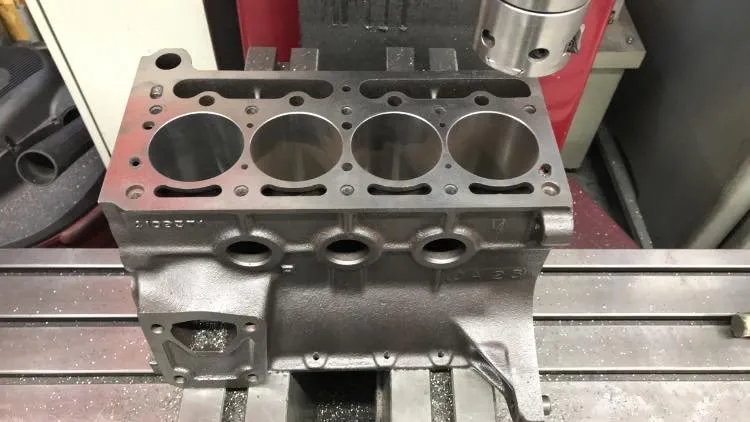
Decking an engine block is something that has been done since motor engines became commonplace. But engine blocks being decked commercially for consumer vehicles is only a very recent innovation in the scheme of things.
What Is Decking A Block?
Decking a block, or decking an engine block, is the process of leveling off the portion of the engine block where the cylinder heads come together. It is often a good idea to square off the engine block this way when the car has been involved in an accident or has been put under extreme tension.
Sometimes this can be as simple as a car that has been on the road a long time and needs some realignment. A good rule of thumb for decking a block is that the newly-decked block should sit perpendicular to the crankshaft line.
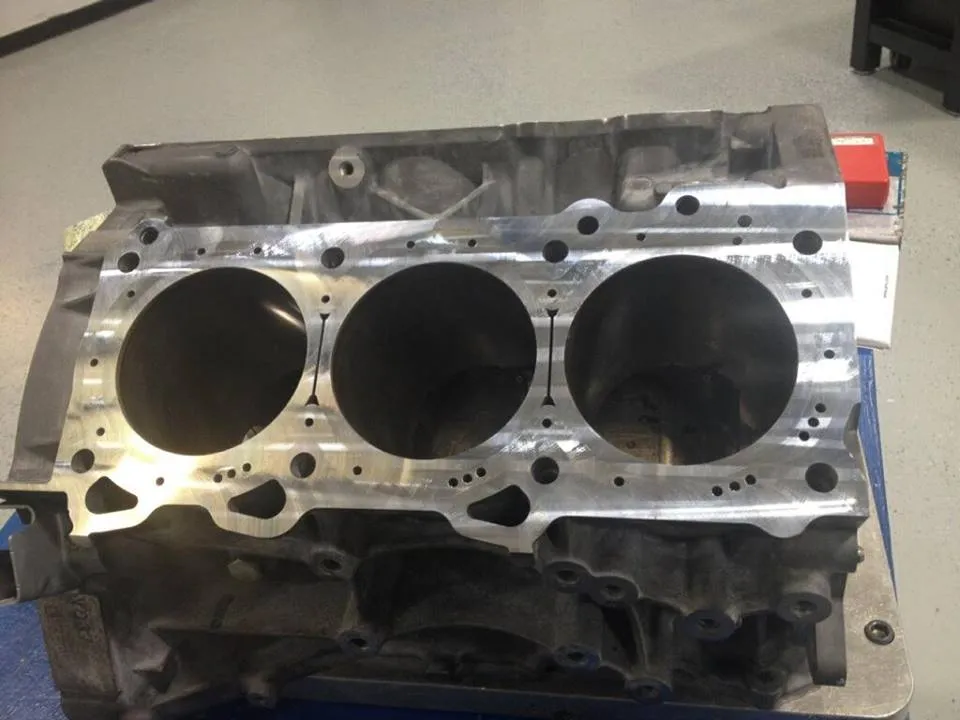
Decking a block also helps remove thin layers of dust, dirt, grime, and carbon buildup around the gaskets. Gaskets are often removed, even if they are not replaced, and the surface is cleaned to ensure there is a tight seal and you aren’t going to blow a gasket.
If you blow a gasket you’ll notice a quite severe drop in power and performance and your fuel consumption will jump way up. A good way to avoid that happening is decking the engine block and ensuring there is a nice, matte, smooth surface for your gaskets to seal onto.
What Are The Advantages Of Decking A Block?
As mentioned above, the biggest advantages to decking a block are a proper gasket seal which maximizes performance and reduced fuel consumption (as a direct benefit of that). Performance is key and decking a block is a good basis for many aspects of a well-performing motor vehicle. That is exactly why it is commonplace in high-intensity motorsports. Additionally, decking a block creates proper deck height to maximize the air fuel combination and ensures an efficient even burn of fuel.
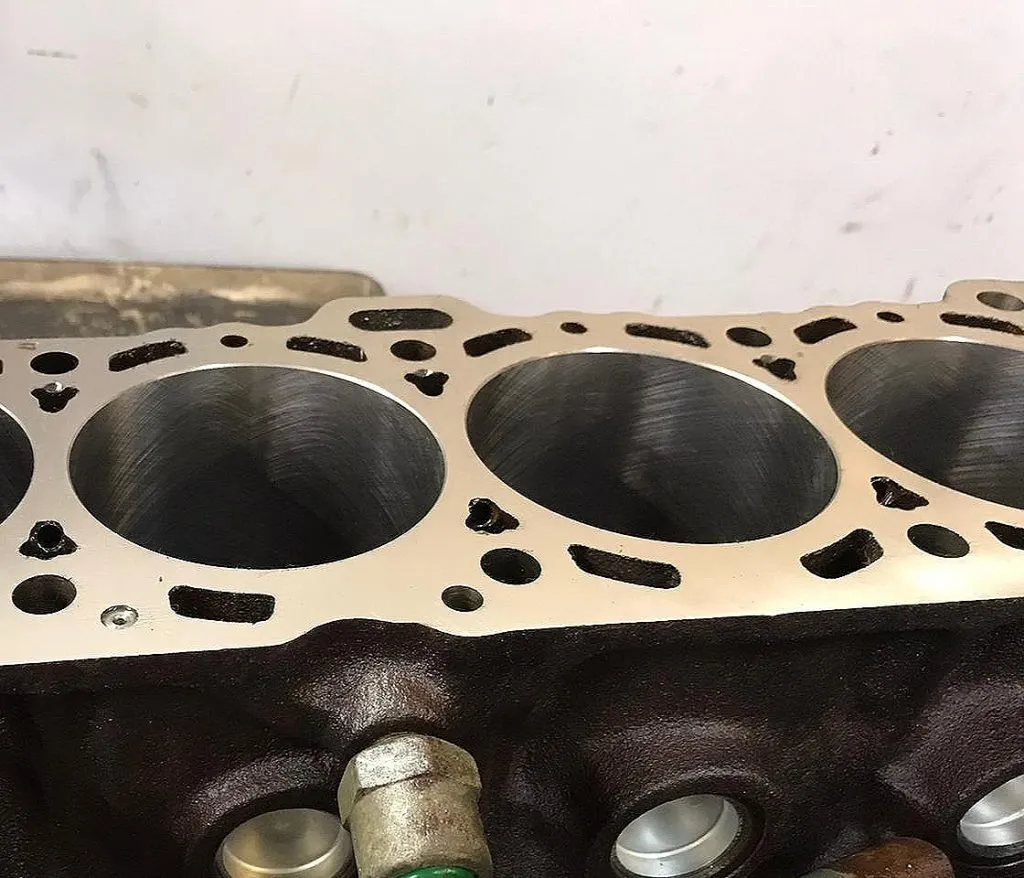
Evenly burned fuel is important for maximum performance and a very large part of ensuring an even burn is heavily controlling the air-to-fuel ratio in the combustion chamber. Getting any imperfections off of your engine block is not necessarily something that you might consider important on your day-to-day vehicle but it can increase the engine life and keep costs down if your fuel consumption dips as a result.
If you are trying to get an engine race-ready then decking a block is a vital step before every race to ensure that you are squeezing every ounce of power out of your vehicle. Potentially even reducing fuel needed for the race, which lowers the overall weight of the vehicles and can give you a small edge. Furthermore, taking a little off the top of the block will reduce the overall weight of the engine. We are talking ounces not pounds over the course of its life, but it makes a difference. Maybe.
What Are The Drawbacks Of Decking A Block?
There aren’t too many drawbacks to decking a block so long as you do it right. Many people try to cut corners and deck their block at home. Which, if you know what you are doing and have experience decking a block before, go for it. If not, please, leave it to the professionals. Surprisingly, the engine is quite an important part of the car and doesn’t do well when you mess around with it devoid of rhyme or reason. Assuming you do decide to go with a mechanic, the cost has to be considered as a drawback. However, it isn’t a major cost compared to the benefit.
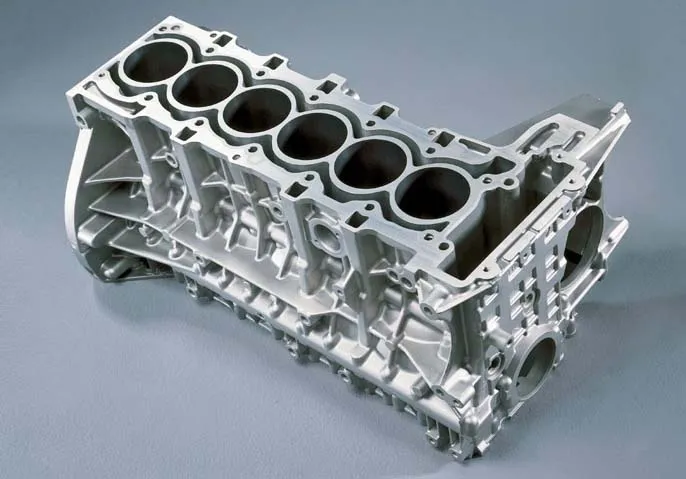
One thing you absolutely should be aware of, though, is that if you fail to properly recalculate your new deck height after decking the block you may find that you run into a pretty severe problem. If you think about the way pistons move there needs to be some clearance on either side of them. Otherwise, every time the pistons heat up, expand, and fire they would bang into parts of the cylinder walls and gradually beat themselves to death. So, proper clearance is needed. That clearance is generally about 0.080-inch at a minimum.
Now, 0.080-inch clearance may not sound like a lot. And it isn’t. But it is enough! Giving more clearance is generally recommended as there is less risk of your pistons seizing up due to expansion. However, if there is too much clearance the pistons will rock around in the cylinder and damage the cylinder walls.
There is a real sweet spot between 0.080 and 0.1 inches. If you or even your mechanic get this wrong you could wreck your entire engine almost beyond repair in some cases. If you do decide that decking a block is the right move for you, consider a professional. Worst case scenario: it’s their fault and you get a hefty settlement from them. Decking a block isn’t hard though and generally, there are no issues. But you should be aware of them just in case.
How To Know When A Block Needs To Be Decked?
If you find that you are losing power and performance, and the source of the issue appears to be blown gaskets or even loose-fitting gaskets, decking your engine block might be the right decision for you. A good way to check whether the block is the issue is to check its squareness is by using a long, thin, flat, level piece of metal that can stretch the entire length of the engine block. Many people choose to use a spirit level for this, naturally, but that’s not a good idea.
The reason being a spirit level itself has no need to be inherently level and its frames are not perfectly flat. You may need to machine-cut a new piece of metal to ensure it is perfectly flat on one side.
Once you have done so, you can check it against the surface of your engine block. While it may look, or even feel, level to the human eye/hand that is not enough assurance that it actually is so. Many people like to use a 3000 feeler gauge and gently prod and poke at the “gap” between the block and the flat piece of metal. If there is one, either your metal measurer or the block itself is not flat. Decking the block is the best course of action here.
If My Block Needs To Be Decked Can I Do It Myself?
Technically, you maybe could do it yourself. But the process is so laborious and requires so much specialist equipment that it just is NOT worth the risk for the little money you would be saving. If you scour the internet for advice on this question you will find a terrifying number of horror stories of people trying to save a few bucks and accidentally wrecking their engines. Or even just accidentally filing the engine authenticity stamps. If you are selling a valuable car and your engine doesn’t have an authenticity stamp explaining it away as an accident when decking the block won’t get you very far.
How Much Does Decking A Block Cost?
Decking a block does not have to be expensive and given there is so much that can go wrong when an amateur attempts the task it is highly advised. You are probably looking at paying about $150-$200 to have your engine block decked. If it also needs realizing to be perfectly perpendicular to the crankshaft line it could be a couple extra hundred ($350-$550).
Conclusion
So, that’s decking a block. You now know enough about decking a block to identify it as an issue and maybe even decide that it is something that your car may need. If you are unsure about whether it is right for you then you are going to have the best luck speaking to a mechanic who knows what they are talking about. Getting the block decked is not something most mechanics will recommend unless it is really necessary so it’s best to trust their recommendation and your gut instinct in tandem.

